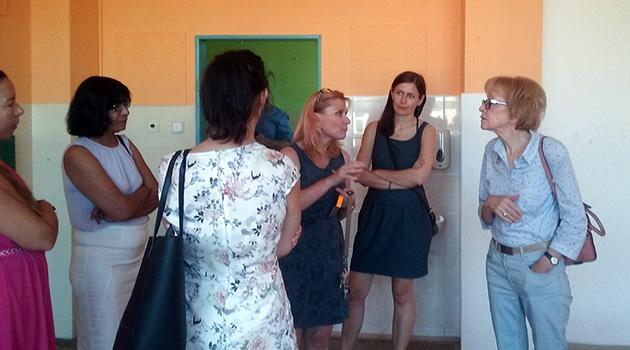Czech city synonymous with ethnic segregation sets up "Committee to Map and Eliminate Negative Social Phenomena"

Members of the local assembly in Most, Czech Republic have voted to create a “Committee to Map and Eliminate Negative Social Phenomena”. The committee should function from October until the end of the current leadership’s term in office, i.e., until 2022.
“I am very glad that we have reached political agreement on establishing this committee. We want to preclude any abuse of the social welfare system and the incidence of negative phenomena on the territory of the City of Most. Benefits should just be awarded to people who actually need them. I perceive the establishment of this committee as absolutely essential for our city,” Mayor Jan Paparega (ProMOST – “For Most”) told news server iDNES.cz.
The seven-member committee is meant to collect proposals from local assembly members and their constituents and put them into practice, working with the Labor Office and local police and focusing on the people who claim they are impacted by “negative phenomena”. “The committee will also inform the assembly members how each measure works and what its outcomes are,” the new chair of the committee, city councilor Jiří Nedvěd (ProMOST), told the iDNES.cz server.
Most is home to the Chanov housing estate, where mostly Romani people live segregated away from the rest of the city, and was the subject of a comedy series on Czech Television earlier this year. The current leadership wants to demolish some of the apartment buildings on the estate and replace them with housing units made out of recycled shipping containers, a plan that is unacceptable to residents of the housing estate and to the Czech Government Agency for Social Inclusion.
A complaint by four Romani residents of the Chanov housing estate about antigypsyist, hateful slogans used during last year’s local elections in Most is now making its way to the European Court of Human Rights in Strasbourg. “What happened in Most in the run-up to the local elections is something I consider extremely serious. This is not just about displays of racism, but some of the elements involved can be considered typical of Nazi ideology. The case-law of the European Court for Human Rights unequivocally points to the fact that such behavior must be eliminated,” the attorney for the plaintiffs told news server Romea.cz earlier this year.